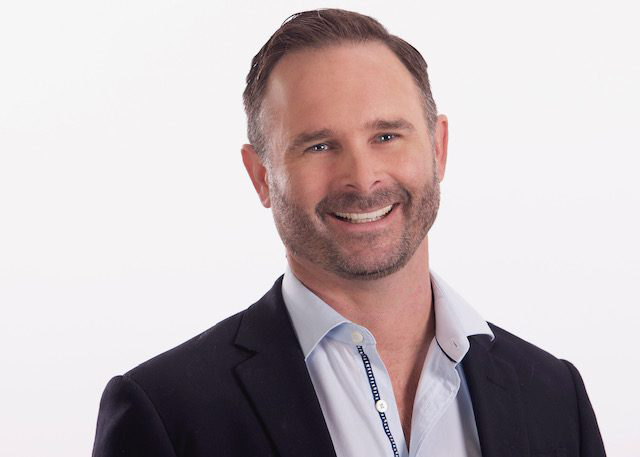Addiction recovery isn’t easy. In fact, many people believe that you never truly become “cured”. Instead, addiction is considered a lifelong condition that can be greatly improved with detox and treatment. Furthermore, with the right aftercare and dedication to sobriety, addiction can be overcome long into the future if not definitely.
You will learn important coping skills while in treatment, and you will also come out of care with a fresh new lease on life. Early sobriety is the toughest part of addiction recovery, so it is crucial to be extra vigorous during this time. Here at See Purpose, we want to let you know building a schedule and sticking to it will help.
How a Schedule Keeps You Sober
Life in recovery is not without its opportunities to fall back into old habits. Relapse statistics vary, but most sources estimate them to be between 20 and 50 percent out of those who attended a treatment program. Many times, the issue isn’t even a matter of craving the old substance. Instead, people fall back into abuse because they are feeling depressed or anxious, are lacking socially or are even just bored. Fortunately, keeping a daily and weekly schedule can help you get through early sobriety. Following it persistently over time will help you learn new healthy habits that will substitute your old ones.
How strict your schedule needs to be will be up to you, your history, and your future goals. It is a good idea to consult with an addiction counselor on what kind of schedule may be best for you and what you hope to get out of it.
Write Down All Your Important Commitments First
When beginning sobriety, if you’re like many people, you’re probably dedicating some of your life in recovery to rebuilding old connections and making changes in your professional life that are more aligned with your goals. To make sure you stay on top of all that, be sure to get down all of your bigger commitments first. For most people, these will include important family and friend events, as well as work and key meetings. Doctor appointments, ongoing addiction aftercare treatment, and counseling should also be given top priority.
If you are on any medication, it is also a good idea to add taking it to your schedule. This will help keep you on track and make sure you’re taking only the correct amounts.
Other Things to Include When Getting Through Early Sobriety
Getting through early sobriety is about realigning your life as a whole. Especially in early sobriety, don’t give yourself long periods of downtime where you may fall back all too easily into substance abuse. These are other things that can both help fill up your schedule and keep you working towards long-term sobriety:
- Exercise time – Attending group workout sessions can help.
- Hobbies – Your new life in recovery is the perfect time to learn new skills and hobbies! Consider attending a class to make new connections while you’re at it.
- Sleep – Getting enough sleep is crucial to recovery. Especially early on, follow a set bedtime.
- Time to reflect – At least once a week, give yourself a moment to check in with yourself and examine your progress.
Write Everything Down When Beginning Sobriety
If you’re like most people, you probably use phone apps and/or your email calendar on a regular basis. But what happens when you’re not glued to your device 24/7? What if you forget it at home one day or simply reduce your screen time to help keep your stress levels low? The calendars on our phones can help, but studies have shown that physically writing things down helps you retain the information more clearly. It’s also just a good idea to get a calendar or planner dedicated to your life in recovery and your overall well being. Many people also choose to use different color codes and even stickers to help make their schedule even more personalized, not to mention organized.
Don’t Be Afraid to Reach Out
Even though it is your personal schedule, it is a good idea to keep close family and friends in the loop. It is impossible for most of us to reach life in recovery all on our own, and continued support is what will keep us there. Never be afraid to reach out to your support network for help in sticking with your schedule and holding you accountable.
Furthermore, whether you are currently in addiction recovery or are still in the throes of addiction, know that you’re not alone. The National Institutes of Health reports that more than 20 million people suffer from drug addiction each year. Thousands go through addiction treatment annually as well, and there are support groups recovering individuals all over the nation. Do not be afraid to reach out to these areas for help in addition to relying on your family and friends.
Get Sober at See Purpose
If you are still looking for a way to reach sobriety and stay there, we invite you to reach out to us at See Purpose’s drug rehab in Indiana. Because we are so focused on your long-term recovery, our aftercare services are here to make sure you continue to get the help you need long after you leave. Don’t let addiction control your life any longer — get in touch today to learn more.




